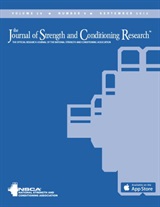 A highly cited cancer researcher at MD Anderson has notched three major corrections, all associated with problems in figures. One note cites “human error” as the cause.
A highly cited cancer researcher at MD Anderson has notched three major corrections, all associated with problems in figures. One note cites “human error” as the cause.
Bharat Aggarwal is the last author on all three papers. He is now up to six corrections, two unexplained withdrawals, and two Expressions of Concern. He’s also threatened to sue us in the past, and has told us that his institution has been looking into his work.
Only one note specifies that the correction does not affect the paper’s conclusions.
First up: “Inhibition of growth and survival of human head and neck squamous cell carcinoma cells by curcumin via modulation of nuclear factor-κB signaling,” published in the International Journal of Cancer and cited 168 times, according to Thomson Scientific’s Web of Knowledge. The issues span two figures, according to the erratum note:
Continue reading MD Anderson researcher Aggarwal up to six corrections
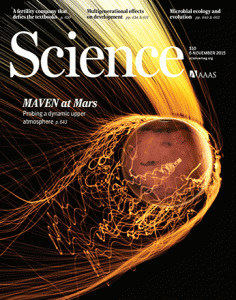

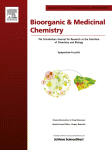
 The BMJ has published a correction to a
The BMJ has published a correction to a 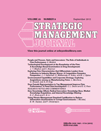 A
A 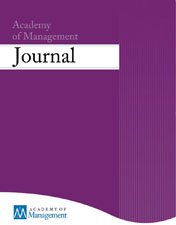 The author of a paper that looked at how the geographical spread of research and development sites has impacted innovation has posted a four-page list of corrections that fixed “empirical anomalies” in the paper.
The author of a paper that looked at how the geographical spread of research and development sites has impacted innovation has posted a four-page list of corrections that fixed “empirical anomalies” in the paper. We have discovered several errata for a New York City urologist, including in one paper that previously
We have discovered several errata for a New York City urologist, including in one paper that previously 